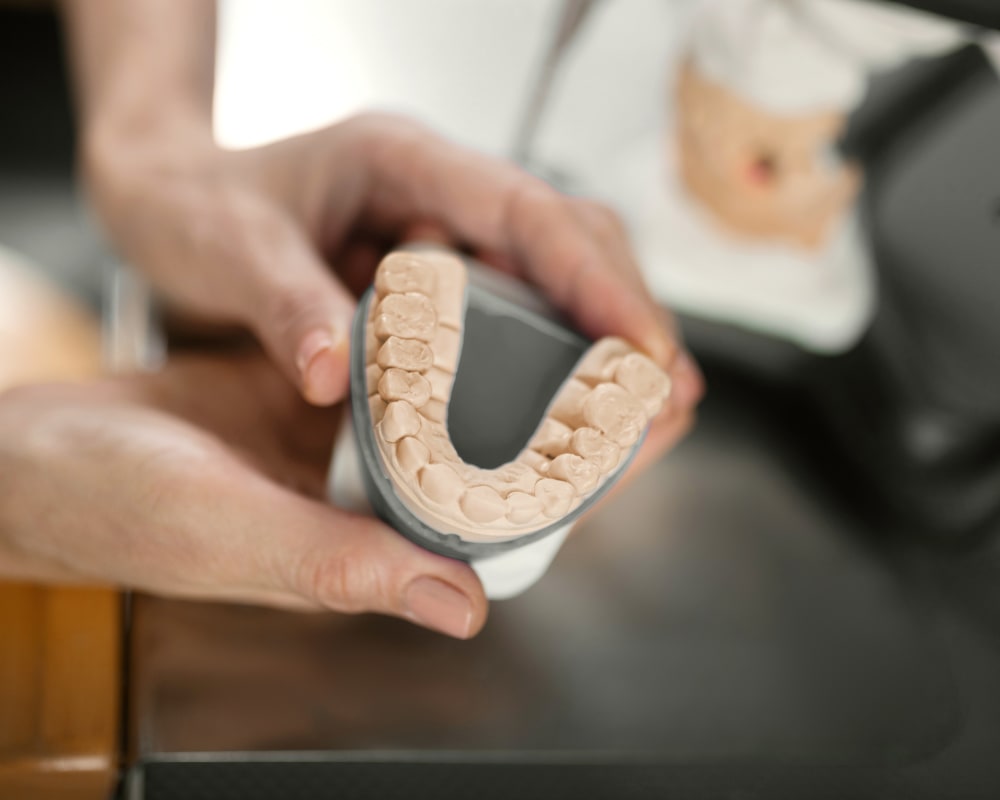
Protect Those Pearly Whites & Your Overall Health
Your healthy, complete smile is one of your greatest assets. But sometimes we don’t realize what we have until it’s gone. If you or your little one plays sports, a custom-fitted mouthguard can help protect oral health.
For those of us who clench or grind our teeth at night, snore, or suffer from the effects of sleep apnea, dental appliances can help preserve and protect our oral structures, and in some cases help us breathe more freely and sleep more soundly.
Don't you deserve a good night's sleep?
Sports Guards
Getting hit in the mouth during a sports activity could leave you or your child with broken, loose, or knocked-out teeth. A custom-fitted mouthguard from your dentist provides a cushioning barrier between the teeth and soft tissue of the mouth, protecting against oral injuries and tooth loss.
Night Guards
We all clench and grind our teeth sometimes, some of us more than others. A custom mouthguard or night guard can provide a soft cushion to help prevent the breakdown of your teeth and allow your jaw to rest and heal, often alleviating morning headaches. You might be amazed at what a mouthguard can do for your quality of life.

Snoring & Sleep Apnea Appliances
Sleep disorders can keep you from sleeping soundly and can negatively impact your overall health and well-being.
In patients who snore, relaxed throat tissues cause the airway to restrict, creating the sound of snoring as air is forced past. In patients with sleep apnea, throat tissues over-relax and obstruct the airway, forcing the brain to wake them up to breathe.
At Pleasant Valley Dental, we provide custom-fitted oral appliances to move the lower jaw and tongue muscles to open the airway. This helps improve your flow of breath and helps to prevent you from waking up throughout the night.


